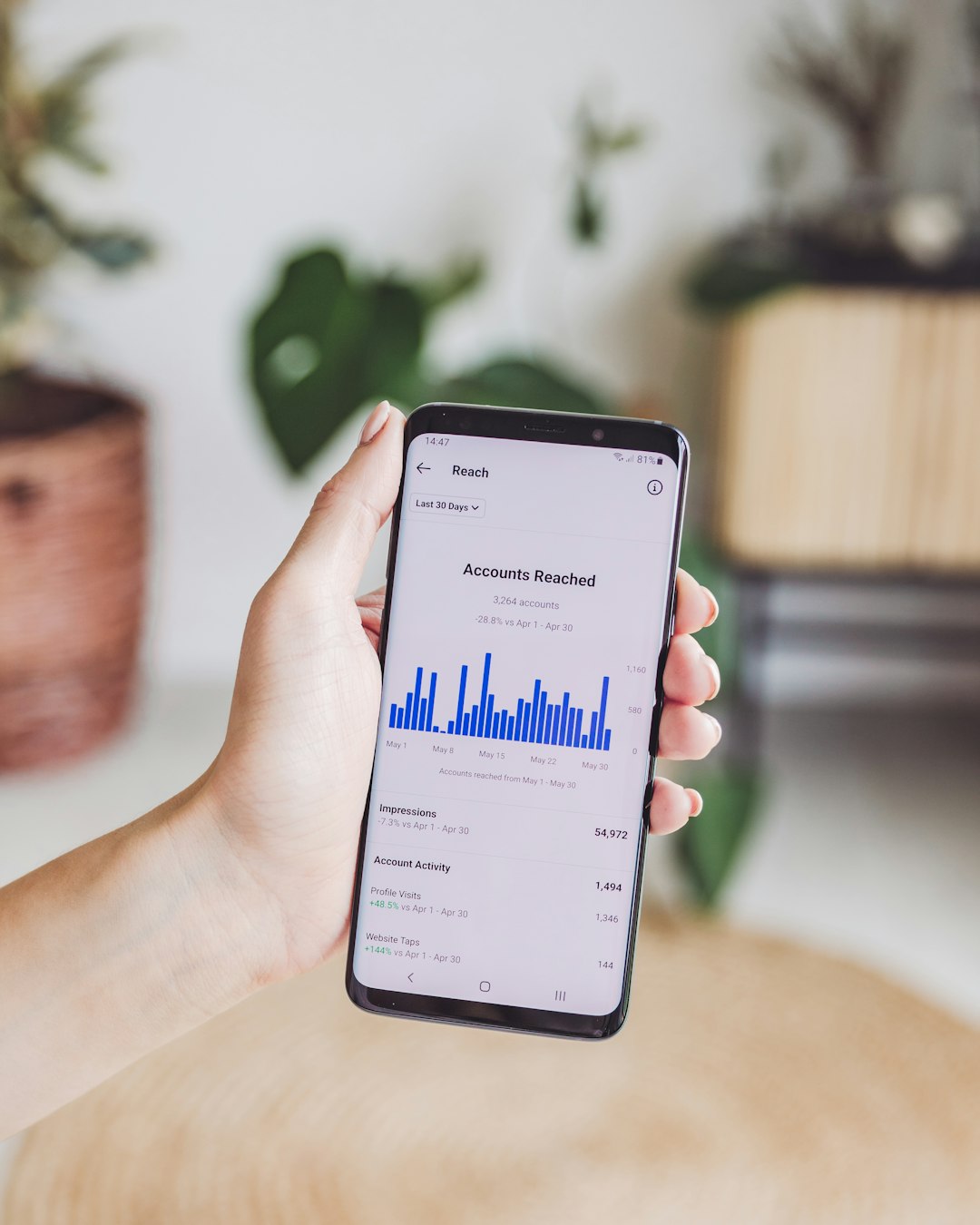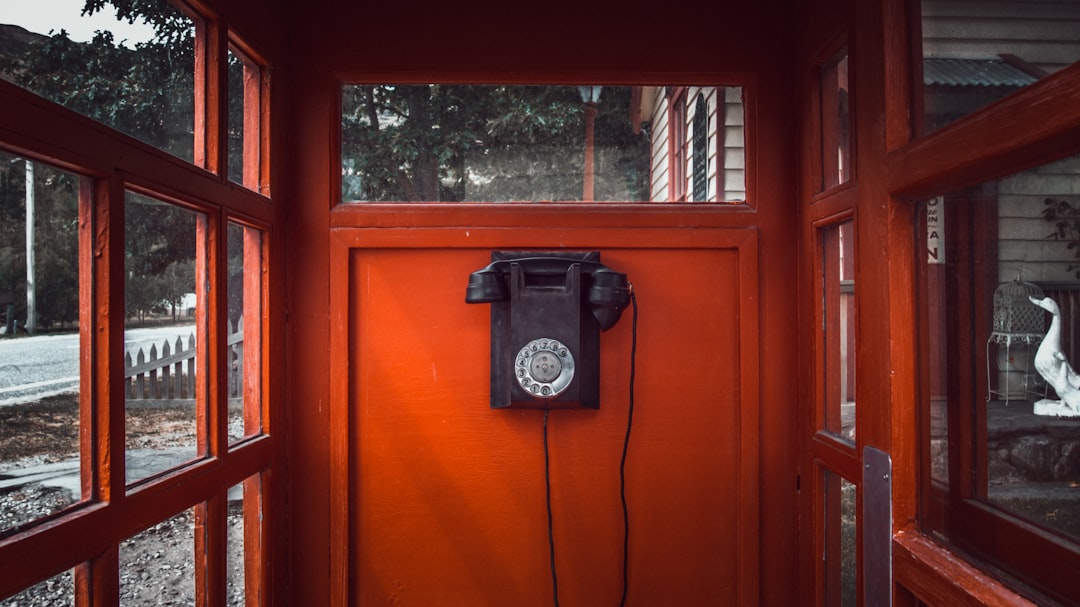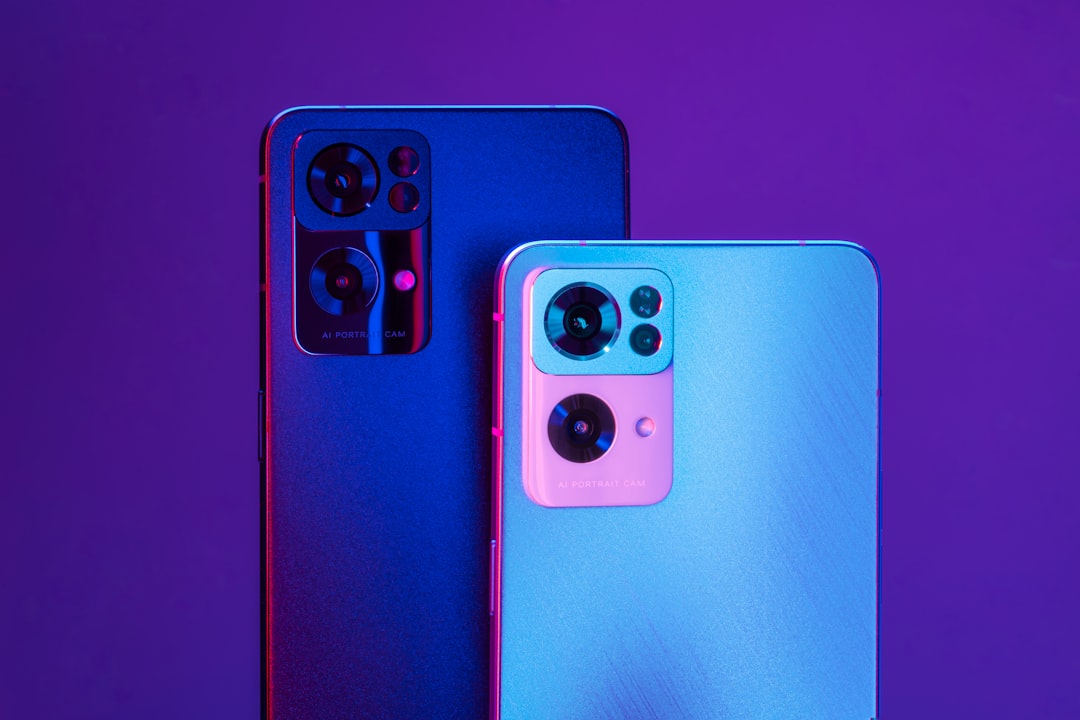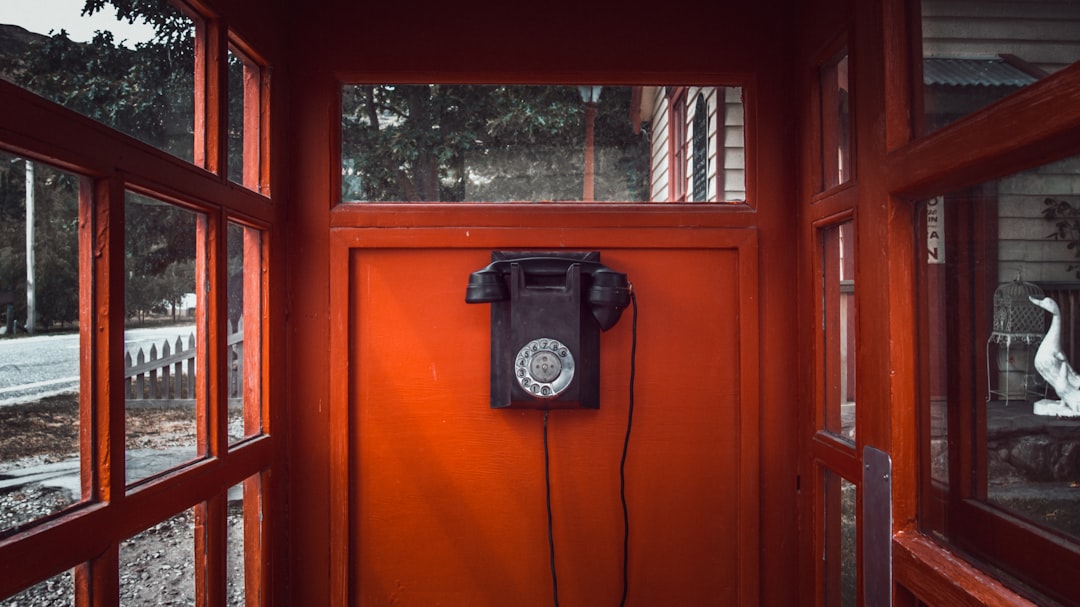Robocalls have become a major nuisance in Nevada, prompting the state to enact regulations and protect residents' privacy. With federal laws like the TCPA and state-specific measures in place, Nevadans have legal recourse against unauthorized calls. Popular apps offer initial protection, but consulting with a lawyer for robocall laws in Nevada is advisable for complex issues, ensuring residents regain control over their communication channels.
In Nevada, like many other states, robocalls have become a persistent nuisance, with consequences ranging from frustration to financial loss. Understanding and combating these automated calls is crucial for residents seeking relief. This article explores the legal frameworks in place to stop robocalls in Nevada and highlights top apps designed to protect users effectively. If you’re looking for legal recourse against robocalls or want to empower yourself with the right tools, a lawyer specializing in robocall laws can offer valuable guidance tailored to the Silver State’s regulations.
Understanding Robocalls and Their Impact in Nevada

Robocalls, automated phone calls from unknown numbers, have become a persistent and frustrating issue for many Nevadans. These unwanted calls often advertise products or services, promote political campaigns, or attempt to sell debt relief services. While some robocalls may be legitimate, the sheer volume can be overwhelming, wasting valuable time and causing stress. The impact is significant, especially considering Nevada’s strong focus on consumer protection. Many residents turn to a lawyer for robocall laws in Nevada to understand their rights and seek remedies against these intrusive calls.
The state has implemented regulations to mitigate this problem, recognizing the negative effects on personal privacy and peace of mind. By establishing do-not-call lists and enforcing strict penalties for violators, Nevada aims to empower its citizens. Additionally, apps designed to block such calls have gained popularity, offering a practical solution for users to reclaim control over their phone lines. These apps use advanced technology to identify and block robocalls, ensuring Nevadans can enjoy more peaceful and unobstructed communication.
Legal Frameworks for Stopping Robocalls in the Silver State

In Nevada, the fight against intrusive robocalls is supported by a robust legal framework designed to protect residents from unwanted telephone solicitations. The Telephone Consumer Protection Act (TCPA) serves as a cornerstone of this protection, empowering individuals to take action against violators through legal channels. This federal law prohibits automated or prerecorded calls to cellular phone numbers without the prior explicit consent of the recipient.
Nevada has also enacted its own laws reinforcing these protections, further equipping residents with tools to combat robocalls. A lawyer specializing in robocall laws can guide Nevada users on how to navigate and leverage these legal frameworks, offering strategies to block calls effectively and hold perpetrators accountable. Understanding one’s rights and available resources is a crucial step in regaining control over one’s communication channels.
Top Apps to Block Robocalls Effectively for Nevada Residents

Nevada residents now have a powerful weapon against relentless robocalls thanks to innovative mobile apps designed to silence these unwanted intrusions. These applications leverage advanced technologies like artificial intelligence and machine learning algorithms to identify and block automated calls, ensuring peace of mind for users across the Silver State.
Among the top contenders in this space are Hiya, TrueCall, and NoMoreRobocalls. Hiya, with its robust global community, uses crowd-sourced data to detect and filter out robocalls. TrueCall offers a comprehensive solution by not only blocking calls but also providing detailed call information. NoMoreRobocalls distinguishes itself through its ability to block specific numbers and customize settings according to individual preferences. For Nevadans facing persistent legal issues related to robocalls, consulting with a lawyer specializing in communication regulations can be beneficial. These apps provide a first line of defense, but for complex cases, legal expertise is invaluable.






